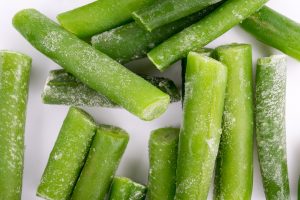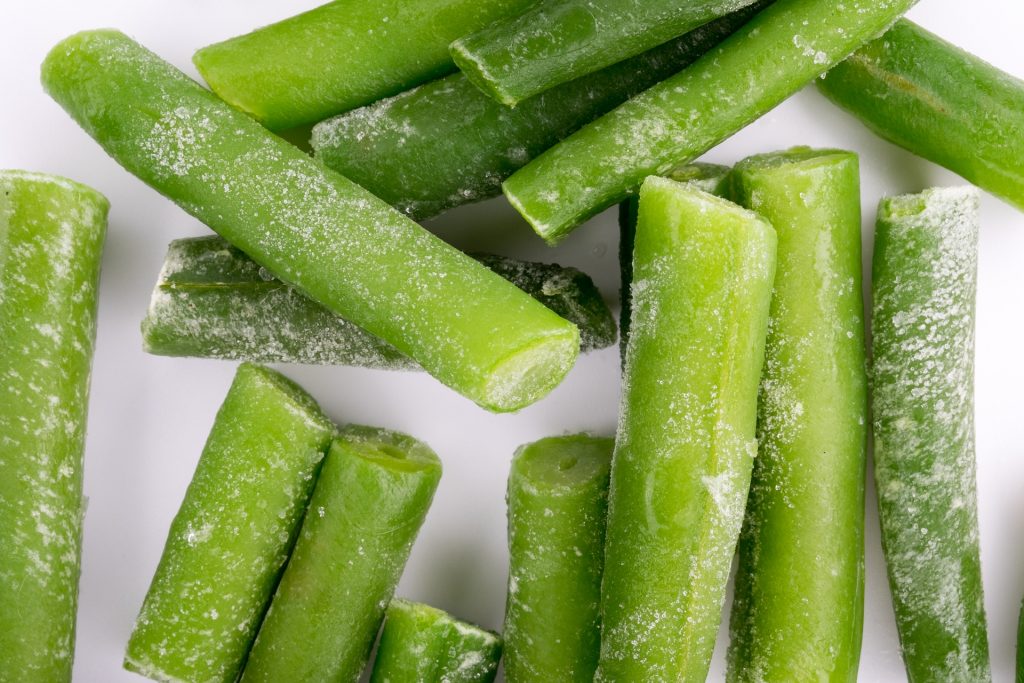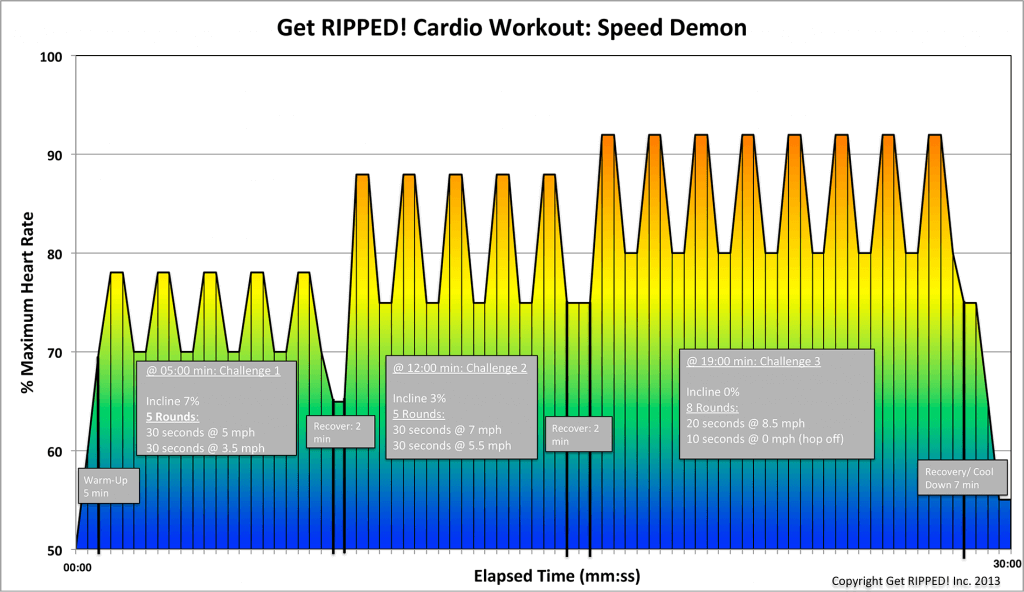Blog
Are All Processed Foods Bad For You?
 Not all processed foods are unhealthy, but highly processed ones normally are. It’s about the Twinkies, Cap’n Crunch’s Crunch Berries, Pop Tarts and Pizza Rolls, not the canned tuna or beans. Unless you’re eating raw fruits and vegetables, your food is processed in one fashion or another. When you cook tomatoes, for instance, you’re processing them. The longer you cook them, the more lycopene, a powerful antioxidant, is made bioavailable, but the less vitamin C it contains, so there’s a downside, too.
Not all processed foods are unhealthy, but highly processed ones normally are. It’s about the Twinkies, Cap’n Crunch’s Crunch Berries, Pop Tarts and Pizza Rolls, not the canned tuna or beans. Unless you’re eating raw fruits and vegetables, your food is processed in one fashion or another. When you cook tomatoes, for instance, you’re processing them. The longer you cook them, the more lycopene, a powerful antioxidant, is made bioavailable, but the less vitamin C it contains, so there’s a downside, too.
What’s wrong with processed foods and how do you identify the bad ones.
Checking the label is a good way to identify whether that processed food is healthy or not. If it has ingredients that sound like it came from a lab experiment, put the food down and walk away. Don’t put it in your cart. Refined grains are processed. These include white flour and white rice products. Not only are refined grains often bleached, all the nutrients are removed by milling, where the bran and germ are removed. The bran provides fiber and the germ provides the protein, fat, vitamins and minerals. Eating too many refined grains, rather than whole grain options, is linked to poor health.
Watch out for added sugar, high amounts of sodium and trans fats.
Sugar comes in many forms, from high-fructose corn syrup to can sugar. It’s in just about everything. Not only does added sugar increase the potential for weight gain, it’s also linked to higher blood pressure, diabetes and other diseases. It’s highly addictive, too. Many processed food contains extra sodium, especially processed meat. Excessive sodium is linked to heart attack, stroke and high blood pressure. Trans fats is associated with clogged arteries and still can be found in many snack foods, like microwave popcorn, crackers, cookies and baked goods. It’s often in coffee creamer, refrigerated dough products such as cinnamon rolls or biscuits and many fast foods.
Some processed food are acceptable, but you may have to make some changes.
If you want to save money, use canned beans. However, you need to rinse off the liquid first to remove the added salt. Frozen fruits and vegetables may actually be better for you than fresh. They’re picked at their ripest and frozen at maximum nutrition. Unlike some fresh fruits and vegetables that are picked and ripen on the way to market, then sit on the grocery shelf for a while. Canned salmon, tuna and other fish that’s water packed are healthy. Natural peanut or other nut butter, whole grain products and yogurt are also on the healthy list.
- Making your own trail mix can keep it healthy, but if you find premade trail mix that contains only raw or dry roasted nuts and raisins, craisins or other dried fruit without added sugar, it’s also healthy.
- When you’re drinking the fruit juice, you’re drinking a processed food. You’re better off eating the whole fruit, rather than the juice. It contains dietary fiber and has many nutrients in the skin and pulp
- Be aware that sugar has many names, and even added honey and maple syrup count as sugar. If you’re reading labels, you might find several types of sugar on the ingredients list, which all add up to sugar being the primary ingredient.
- Opt for minimally processed food with few added ingredients, unless they’re herbs added for flavor, such as oregano, basil or cilantro, which add few extra calories but loads of extra nutrition.
For more information, contact us today at Jari Love


